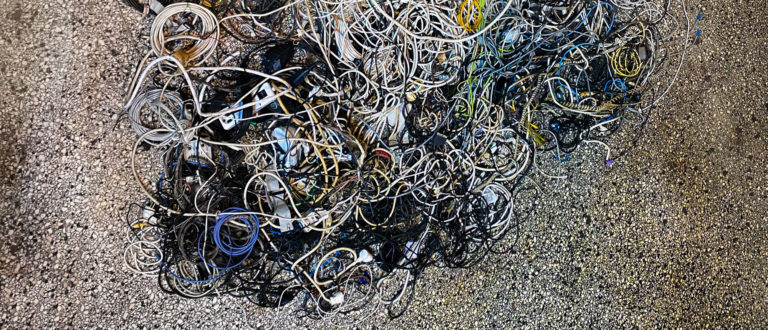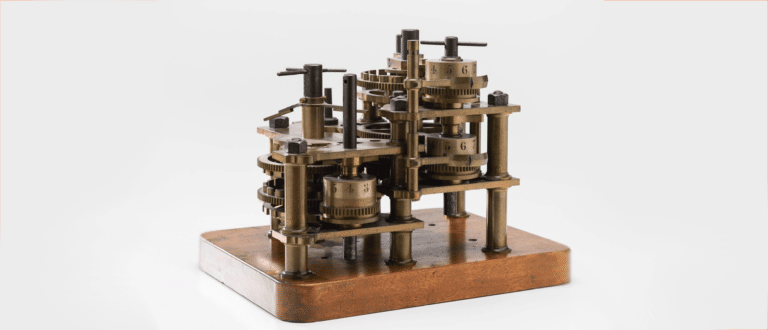
Share this:
Collective Infrastructures and Knowledge Production in a Post-Digital Age
Workshop & Discussion
12/11/20 2pm
Free

The New Centre, Heba Y. Amin and Anthony Downey invite you to participate in an online workshop to test new forms of learning in a post-digital world. Guided by live presentations, this workshop with Mohammad Salemy, Brunella Antomarini, Valentin Golev, Reza Negarestani and Patricia Reed will generate a glossary of terms that will develop as a collective response to the online discussions. By thinking through the limits of computational technologies, the event will encourage users to rethink the conventional infrastructures that inform online learning and, in turn, formulate an experimental approach to shared knowledge production and political action.
The event is introduced by Heba Y. Amin and Anthony Dowey and will be moderated by Mohammad Salemy and Martina Cavalot.
Speakers 2-4.30pm: Brunella Antomarini & Valentin Golev
Speakers 5-7.30pm: Reza Negarestani & Patricia Reed
The New Centre for Research & Practice is an international, non-profit, higher education institute in the Arts, Humanities, and Sciences. It is conceived upon the idea that the space of knowledge is a laboratory for navigating the links between thought and action. Its teaching approach challenges the conventional role of the arts, humanities, and sciences to construct new forms of research and practice. The New Centre’s aim is to assemble an environment, both virtual and actual, for members to invent alternate understandings that can be put into collective practice. This session offers the opportunity to be part of this ongoing project.
Mohammad Salemy is an independent Berlin-based artist, critic and curator from Canada. His works have been exhibited internationally and his writings have been published widely, including e-flux, Third Rail, Ocula, and Spike. Salemy’s curatorial experiment For Machine Use Only was included in the 11th edition of Gwangju Biennale (2016). Together with a changing cast, Salemy forms the artist collective Alphabet Collection and is the Organizer at The New Centre for Research.
Martina Cavalot is a researcher and curator based in London. She is currently affiliated with Goldsmiths, University of London and The New Centre for Research & Practice, where she conducts research within the fields of critical theory and philosophy of technology. Her practice is concerned with the materialism of sound and vision and traverses issues of computation, extraction, scale, fiction, and other spatial and temporal endeavours
Brunella Antomarini teaches Aesthetics and Contemporary Philosophy at John Cabot University, Rome. She has a multi-disciplinary background in contemporary epistemology, aesthetics, anthropology, post-humanism. Recent publications include Le macchine nubili (Castelvecchi, 2020), Haephestus Re-Loaded (Punctum Books, 2019), Thinking Through Error: The Moving Target of Knowledge (Lexington Books, 2012), The Maiden Machine: Philosophy in the Age of the Unborn Woman (Edgewise, 2013).
Valentin Golev is a technologist and researcher affiliated with The New Centre for Research & Practice. His research looks at the estrangement of metaphysics sought through algorithmic, rather than language-centric means of understanding.
Reza Negarestani is a philosopher. He has lectured at universities internationally and contributed extensively to journals and anthologies, including Cyclonopedia: Complicity with Anonymous Materials (re.press, 2008) and Intelligence and Spirit (Urbanomic/Sequence Press, 2018). His current philosophical project focuses on rationalist universalism from the evolution of the modern system of knowledge to contemporary concepts of rationalism and their implications on human conduct.
Patricia Reed is an artist, writer and designer based in Berlin. Recent writings have been published in Pages Magazine, Glass Bead Journal, e-flux Journal, as well as in The New Normal (Strelka Press, forthcoming), Construction Site for Possible Worlds (Urbanomic/MIT Press, 2020), Para-Platforms: On the Spatial Politics of Right-Wing Populism (Sternberg Press, 2019), Post Memes: Seizing the Memes of Production (Punctum Books, 2019), and Perhaps It Is High Time for a Xeno-architecture to Match (Sternberg Press, 2018).
Heba Y. Amin is a multi-media artist from Egypt. She works with political themes and archival history, using mediums including film, photography, archival material, lecture performance and installation. Amin teaches at Bard College Berlin, is a doctorate fellow in art history at Freie Universität, and a current Field of Vision fellow in New York. She is the co-founder of the Black Athena Collective, curator of visual art for the MIZNA journal, and co-curator for the biennial residency program DEFAULT with Ramdom Association.
Anthony Downey is Professor of Visual Culture in the Middle East and North Africa (Birmingham City University). He is currently a Co-investigator on AHRC and GCRF–funded research projects that focus on cultural practices, education, and digital methodologies in Lebanon, Palestine and Jordan. He sits on the editorial boards of Third Text and Digital War, respectively, and is the series editor for Research/Practice (Sternberg Press, 2019–ongoing).
This event is organised in partnership with The New Centre for Research & Practice. It is part of the public programme for the exhibition Heba Y. Amin – When I see the future, I close my eyes.
Image 1: Exonemo, Kiss or Dual Monitors, detail, 2018. © Exonemo. Courtesy of Mohammad Salemy.
Image 2: Babbage Difference Engine No 1 calculating engine, 1822-1879. (c) Museum of Applied Arts & Sciences. Courtesy of Mohammad Salemy.